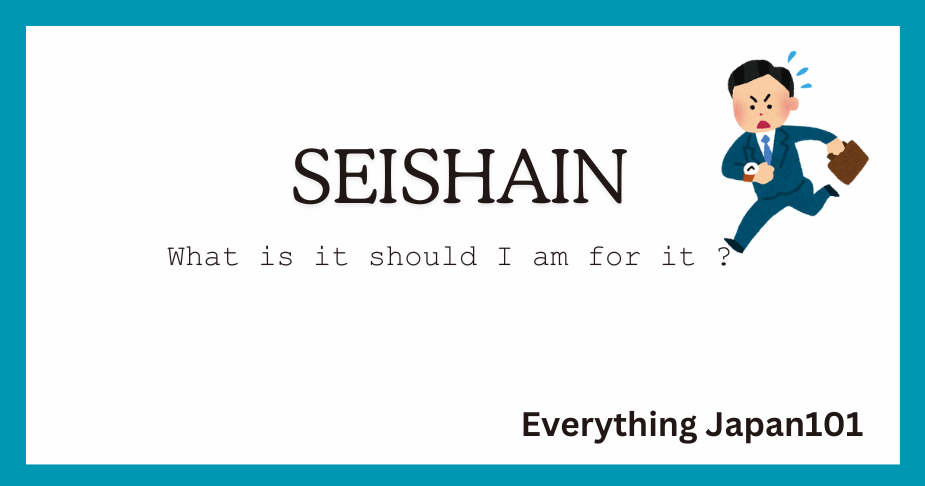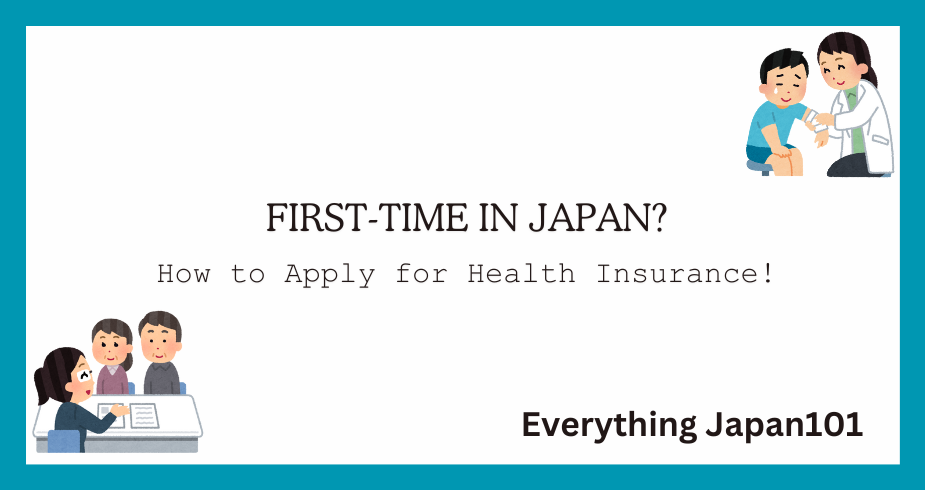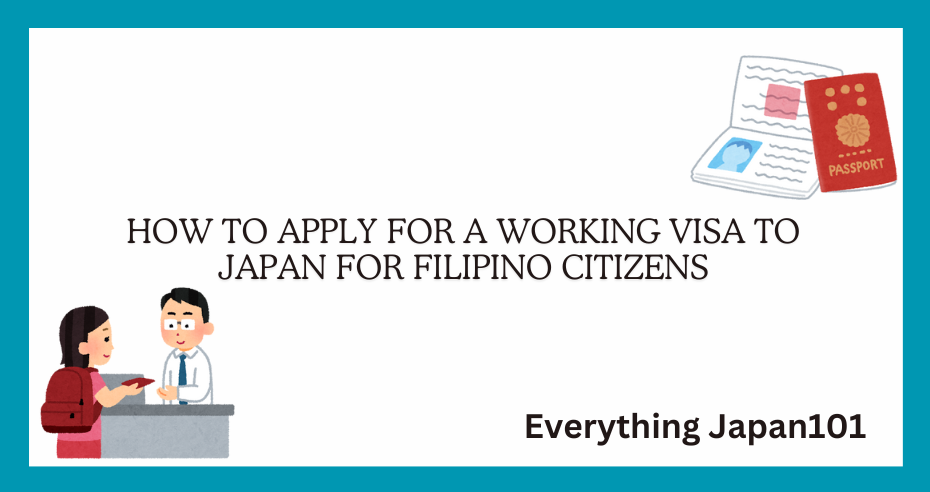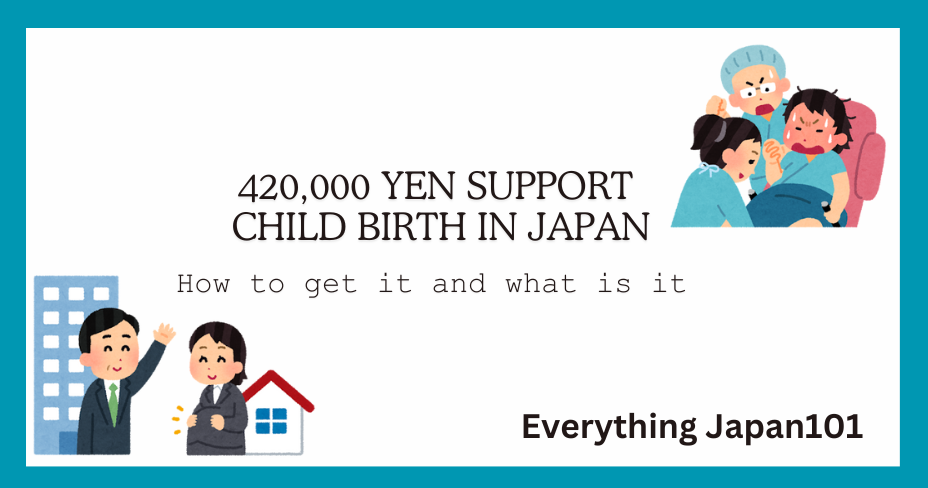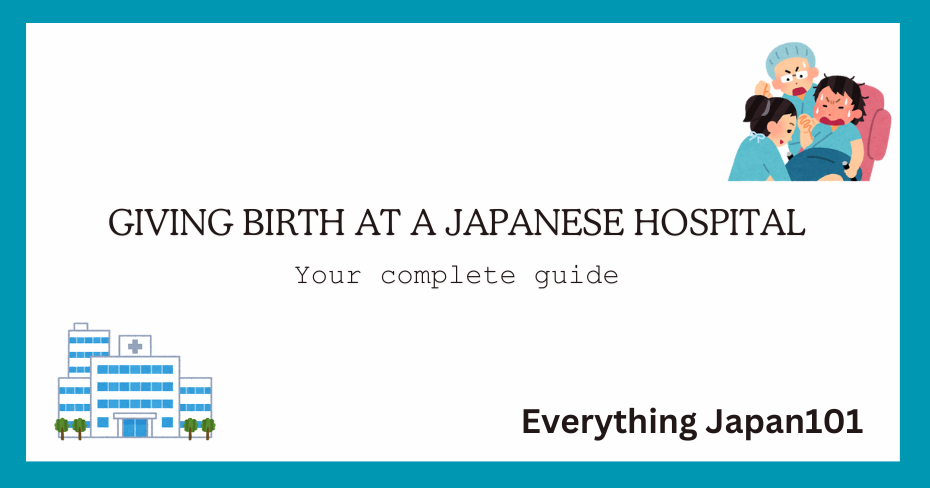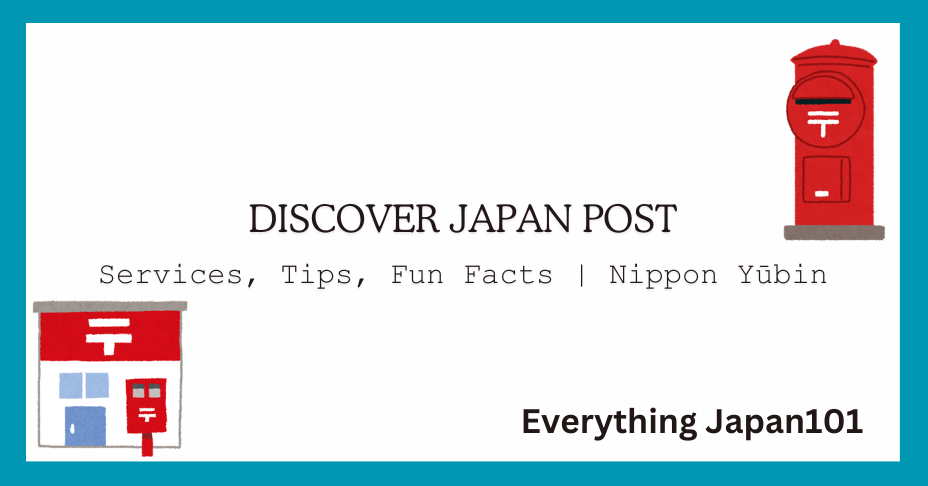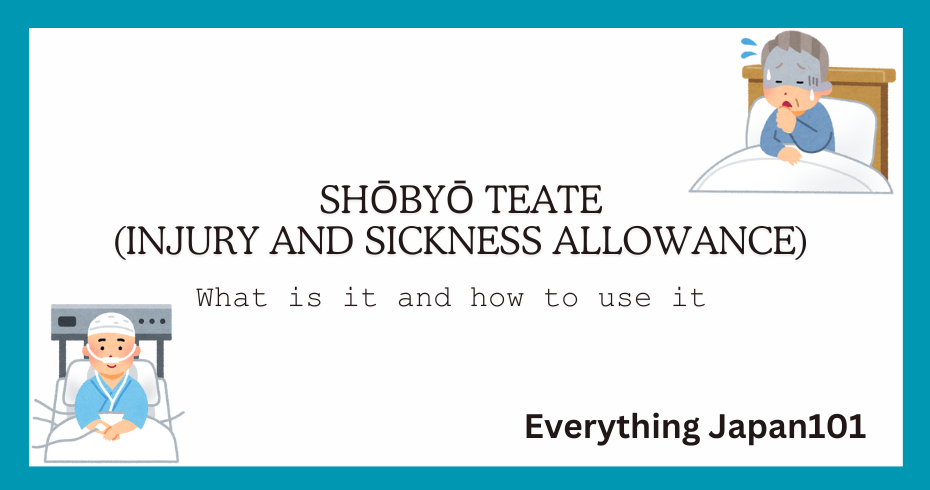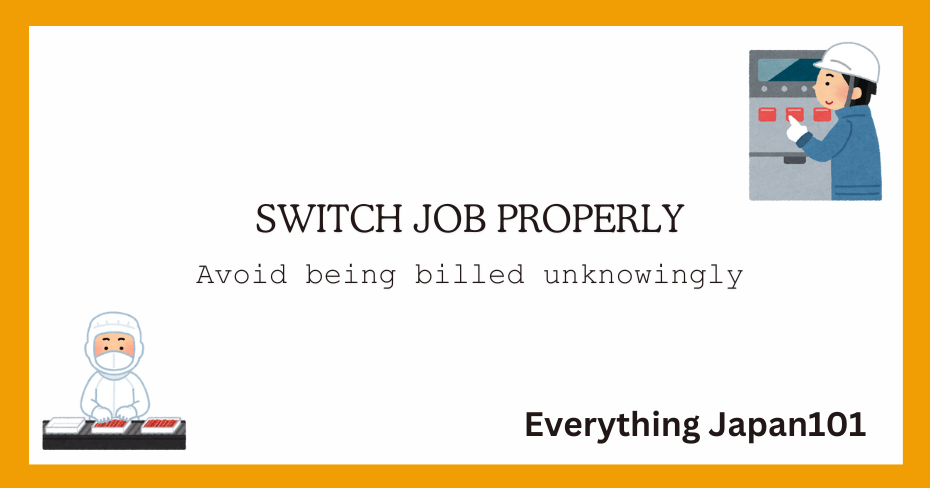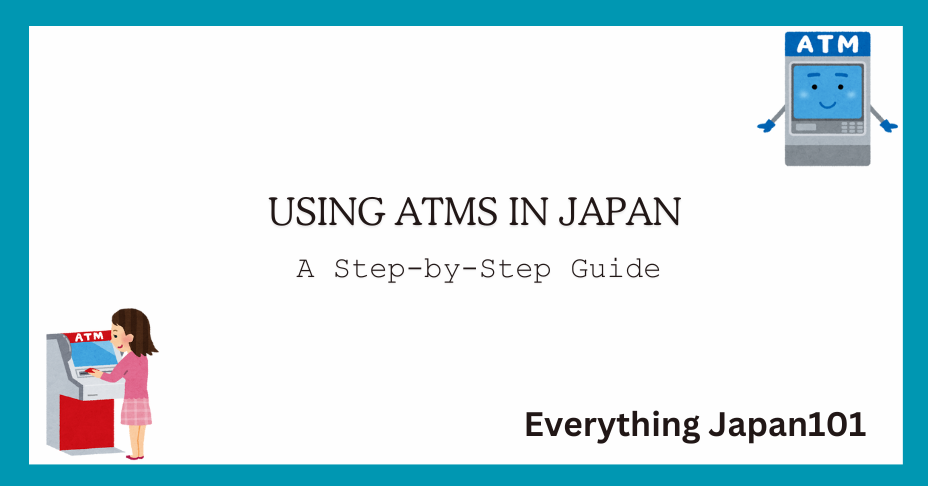how to apply for japan pension exemption
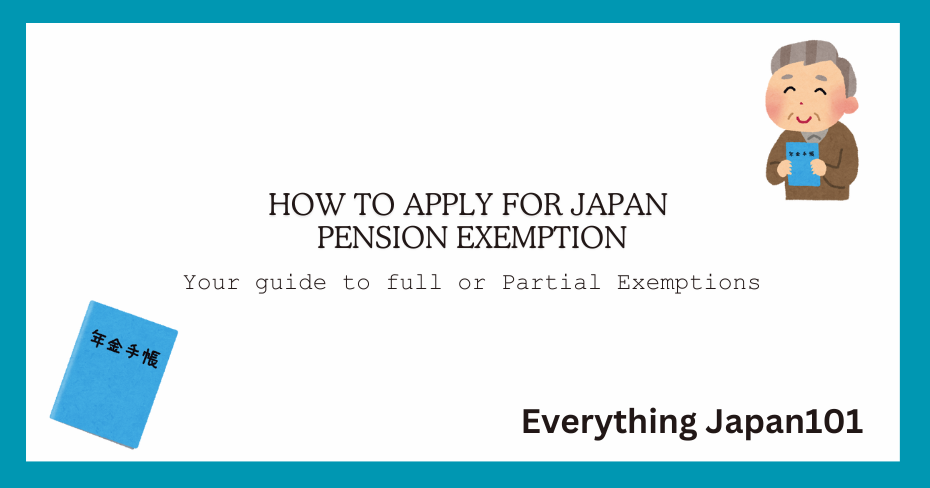
Applying for a Japan pension exemption can help if you’re falling behind on your Kokumin Nenkin (国民年金, National Pension) payments. Given the importance of this pension in securing your retirement, it’s crucial to act quickly to avoid potential long-term consequences. Understanding your options and managing your contributions effectively will support your financial stability in the future.
Know the Consequences of Continued Missed Payments
Missing contributions without addressing them can lead to serious consequences:
- Loss of Pension Eligibility: Too many missed payments can make you ineligible for future pension benefits, impacting your retirement income.
- Reduced Pension Amount: The more months you miss, the lower your pension payout will be, as payments are based on the total months of contributions.
- Debt Collection Actions: The Japan Pension Service may initiate collection efforts, including garnishing wages or placing a lien on your property or bank accounts if missed payments accumulate without an exemption or deferral.
- Loss of Disability and Survivor Benefits: Missing payments may also affect eligibility for disability and survivor benefits, as these require continuous contributions.
Given these impacts, it’s best to explore options for managing or deferring payments if you’re struggling.
Contact Your Local Pension Office (年金事務所, nenkin jimusho)
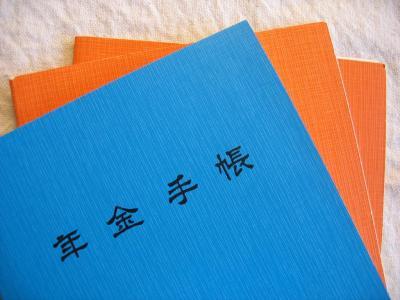
Your local pension office is a key resource if you’ve missed payments. They can provide guidance on how to settle missed contributions or discuss possible exemptions and deferrals. Visit your nearest pension office (年金事務所, nenkin jimusho) or city hall (市役所, shiyakusho) to get started.
Apply for Exemptions or Payment Deferrals
Japan’s pension system offers several relief programs for those facing financial difficulties. Here’s how they can help:
- Full or Partial Exemptions (全額免除・一部免除, zengaku menjo / ichibu menjo): Depending on your household income, you may qualify for full or partial exemption to reduce or fully waive monthly payments, ensuring you retain a level of pension coverage.
- Special Payment System for Students (学生納付特例制度, gakusei noufu tokurei seido): This allows low-income students to defer payments without affecting coverage. Students in recognized programs can apply to postpone payments annually.
- Deferred Payment for Low Income or Special Circumstances (納付猶予制度 – Nenjou System, noufu yuuyo seido): The Nenjou system enables individuals aged 20-49 with low income or specific financial challenges to defer contributions temporarily. Note that deferment counts toward your coverage period but doesn’t increase your payout unless contributions are later made.
| Household Income | Menjo Status |
|---|---|
| Up to ¥1,350,000 | Full Menjo (exemption) |
| ¥1,350,001 to ¥2,000,000 | Partial Menjo |
| Over ¥2,000,000 | No Menjo (must pay full premium) |
Notes:
- Full Menjo: Individuals or households with an income up to ¥1,350,000 may be exempt from paying premiums.
- Partial Menjo: Those with incomes between ¥1,350,001 and ¥2,000,000 may qualify for a reduced premium.
- No Menjo: If income exceeds ¥2,000,000, the individual must pay the full premium amount.
Summary of Key Steps:
- Stay Informed: Exemption applications must be renewed annually.
- Catch-Up Payments (追納, tsuinou): You can repay deferred payments within a 10-year period to increase future benefits.
- Maintain Coverage: Addressing missed payments through deferrals or exemptions helps you maintain your pension benefits and security.
By taking these steps, you can protect your eligibility and benefits in the Kokumin Nenkin system, even during financially challenging times.
